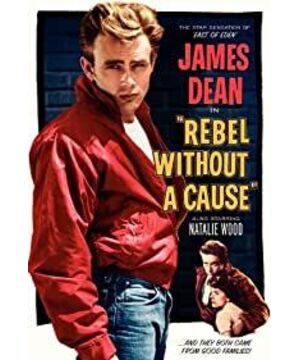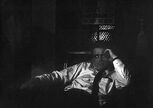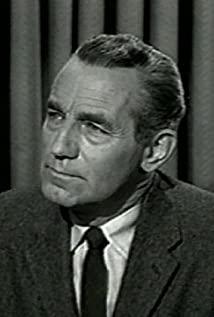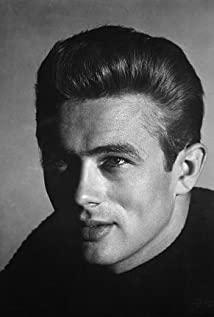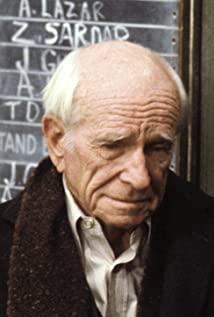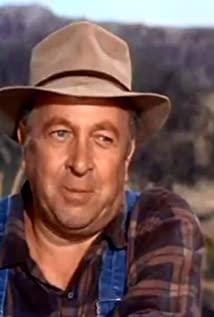Water fountains in 1955, and the issue of youth education appeared in American films. Perhaps "Four Hundred Blows" showed the poverty of childhood and the powerless accusation of the adult world, and the little four of "Guling Street Teenage Murder Incident" enriched the source of the protagonist's anger, but that was all later. The directors who grew up watching this film became a new generation of Oppa, interpreting the teenage mitzvah in their own way.
The confusion of the male protagonist does not lie in the dislocation of the strong mother, but in the fact that he lives in a social order that cannot be dismissed. Grandma treated the male protagonist with a kind of forgiving hypocrisy. Whether it was a trivial matter or a heinous crime, grandma seemed to be able to pray to God mercifully: forgive this child, he just went the wrong way, he is a good boy. The lack of understanding of the male protagonist's real needs and struggles, the surrender of autonomy to religious illusions, and the use of stereotyped social choices to represent themselves. This is an outdated generation, and they who live in a safe area will eventually become a joke of history—— As long as you don't understand the choices of modern human beings, "you are gay/you want Dink/you don't get married/suitable marriage partner/stable job, etc.", and follow the stereotyped society, you will be happy - unfortunately God can no longer save you The heart and freedom of all mankind.
I don't know if the misplaced arrangement of the stereotypes of father and mother is intentional or not, laughing at the powerful feminism is not equality between men and women, but mutual respect for each other's sense of independence. The male protagonist's anger at his father's cowardly reaction may be because he is angry at the stereotype "abnormal" of his family relative to other families, but I am more inclined to his exploration of "who I am" and struggle to become a brave and Perfect yourself without being reckless. Just like in the "Breakfast Club", whether it is a sports star, Bai Fumei, a top student, a gangster, a loner, etc., they have to face the confusion of adolescence, which cannot be solved by simply transferring. Even in skam3 did not face his own depression after transferring to another school. The family and friends group taught the little angel to respect the independent will of even who did not have the disease, instead of adopting the unequal acceptance of even's ex-girlfriend. The two talents were together under courage. That's why the male protagonist has to fight for honor.
The heroine's role is pretty underwhelming. Rebellious in adolescence, looking for a bad boyfriend and showing her own personality with rambunctious behavior, but she just imitates the irregularities and venting of dissatisfaction in the adult world, and her thoughts are superficial. The setting of plato can be regarded as a need for plot comparison. His storage cabinet contains photos of male stars. His parents only give him material and indifferent to him. The most important thing is that he is in a desperate predicament. The male protagonist left the house in anger when his father answered ten years (here, I said to my father in an apron that he had kneeled for ten years), and he had no friends who could solve this honor issue of life or death, but his personal characteristics were face up. It even took away the merciful tone of scenes that usually belongs to the heroine (probably the meaning is as follows), saying that our parents did not support us when we needed them. Now plato needs us, he sees me as family, he needs our backs. This is similar to the help the confidant policeman Ray gave him.
The death of plato was a sort of shattering of idealism. Maybe one day the male protagonist will become a doer and use his power to protect himself.
View more about Rebel Without a Cause reviews


